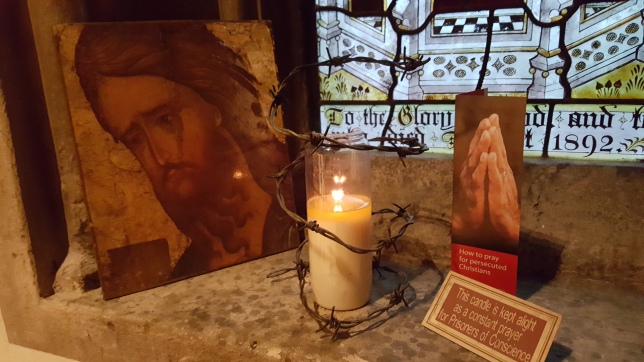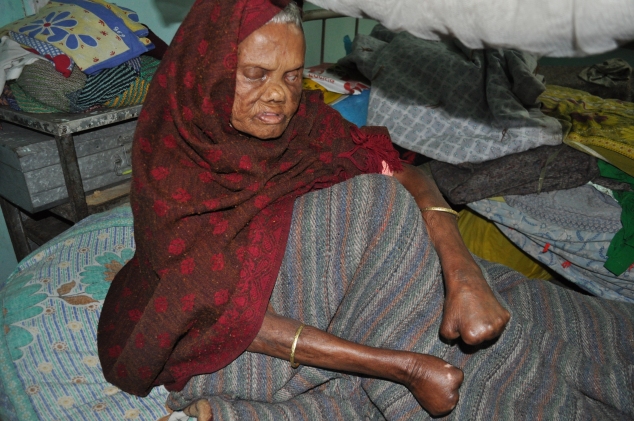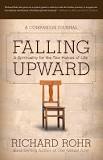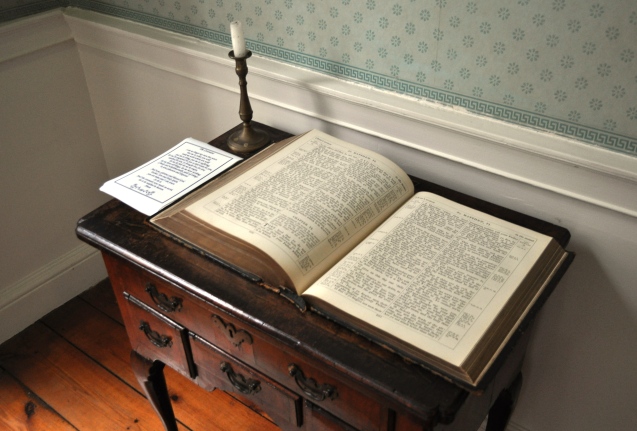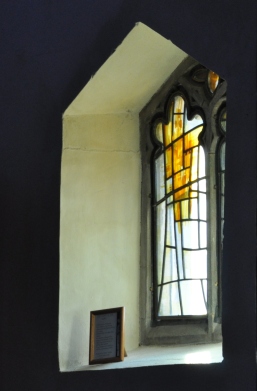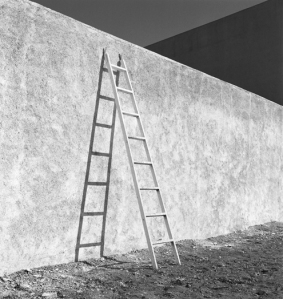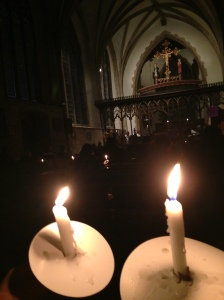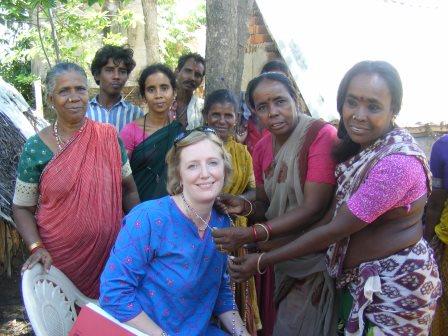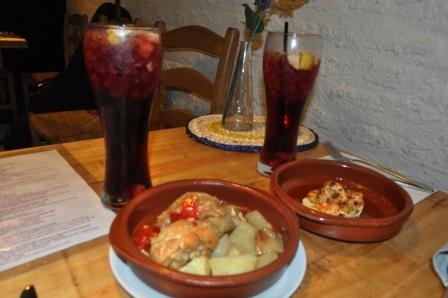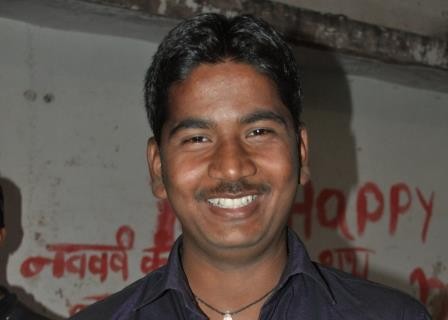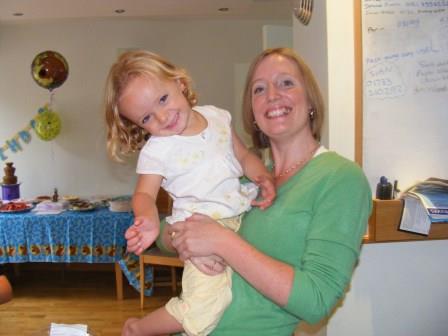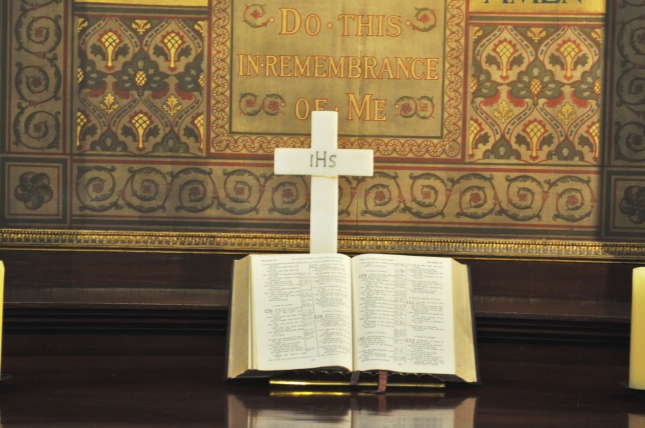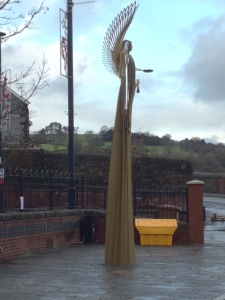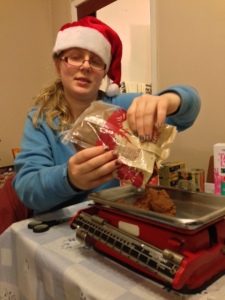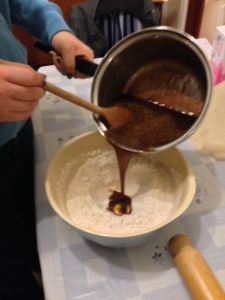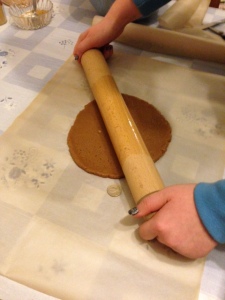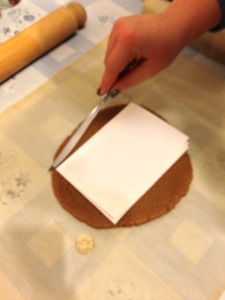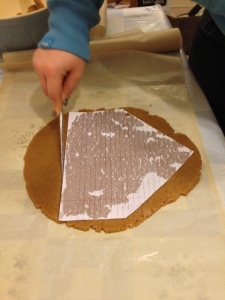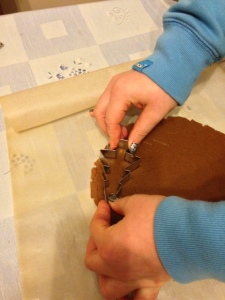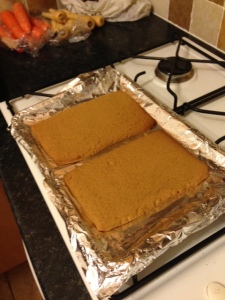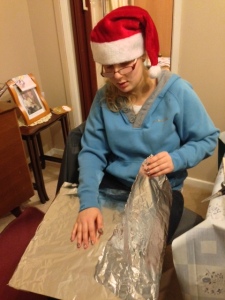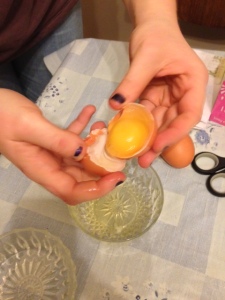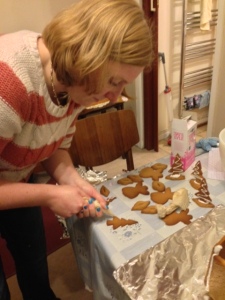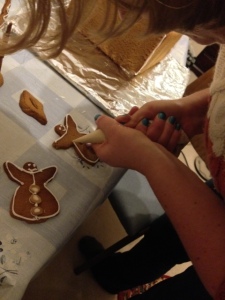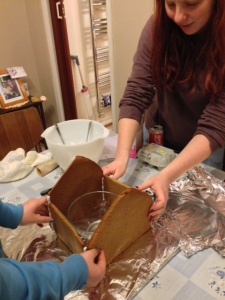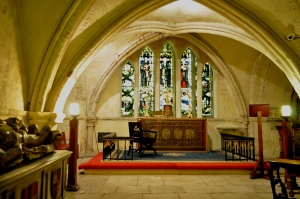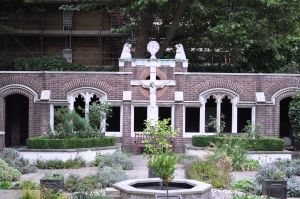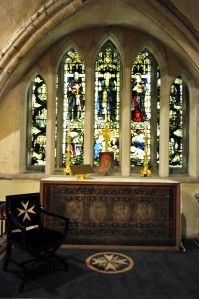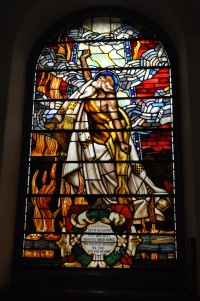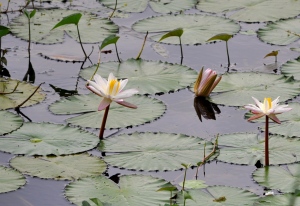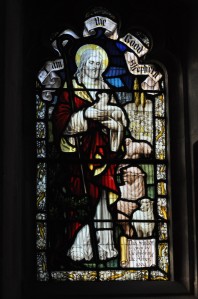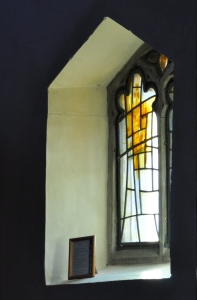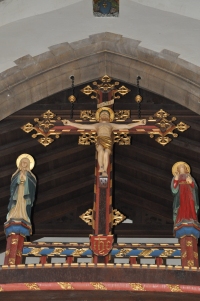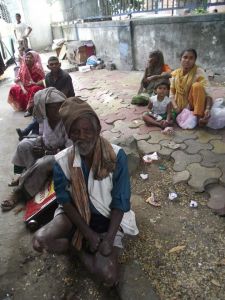I’ve recently been studying about the Desert Christians, women and men from the third century who escaped popular culture to go into the desert to dedicate their life to God. This was a time when Christianity had become the religion of the Roman Empire. You might think that this was a good thing. However, mixing Church and State meant in reality that with ‘serving’ the church came a life of wealth and prosperity, it was often socially and materially beneficial to associate yourself with the Church and people ‘decided’ to become Christians often to further their own ends. Such a situation meant that the Church became more secular than spiritual, it was a friendship club rather than a place of prayer . It was focused on serving ambition rather than humbly serving others and sharing the good news. Therefore, those keen to live in humility and simplicity in a close relationship with God decided to move into the desert and live either in single cells near to others or in community. They spent much time in silence, prayer and simple work but communities also provided hospitality and spiritual direction to Christians wanting to walk in a closer relationship with God.

Their time in prayer and listening to God gave them immense wisdom and sayings of the Desert Mothers and Fathers, although written 1700 years ago, are still relevant to us today.
Lets take the example of a saying from Mary C. Earle’s book The Desert Mothers. She quotes Amma Syncletica:
“If you find yourself in a monastery, do not go to another place, for that will harm you a great deal. Just as the bird who abandons the eggs she was sitting on prevents them from hatching, so the monk or nun grows cold and their faith dies when they go from one place to another.”
As Mary explains, this is not just a message for monks and nuns in the third century, it ‘is addressing a universal temptation – to miss our lives by living completely on the surface’.
Our culture encourages competition and ambition. We are highly mobile, with it often being common to flit from one job to another, one relationship to another, and to move from place to place. There is an inner kind of rootlessness. Even when we are at home we are rarely still, if we get bored we move on to something else. We don’t take time out to be still and go deep, we live our lives on the surface.
Amma Syncletica taught that faith was like hatching eggs, it needs us to be still and patient and to wait out the boredom. There is temptation for us to go and do other things, but at what consequence? Our chicks will never hatch.
We need to give time to our spiritual life. We need to go to our cell each day (any quiet place where we will not be disturbed) and be still, encounter the divine and pray. It may be prayers of word, or silence, or a combination of both, but in doing so we will root our lives in prayer and faith. If we get bored, we must persevere because we will miss the deeper spiritual life if we are always on the move.
The Desert Mothers and Fathers told followers of Jesus to let their cell be their teacher. Mary C. Earle explains:
“Staying the in cell, or ‘sitting on the eggs’, means noticing our appetite for over stimulation. The cell teaches us to slow down, to be less of a slave to our impulses, to notice what is right in front of us. The wisdom that the desert mothers offers us is that by staying with ourselves, with our inner ups and downs, with our hurts and our fears, we will bring forth the new life that God is creating within us. The cell teaches us to trust in the Presence even when it feels like absolutely nothing is happening. The cell helps us to see that skipping from one activity to another, from one interest to another, from one focus to another results in never putting down roots, never getting into deeper meaning and purpose, never going beyond the surface reality.”
Where is your cell? Do you have a space, a particular chair or area in your home that you can go into each day to be still and root yourself in the Presence of the Divine? A place where you can ‘be’ rather than ‘do’? Why not give the wisdom of the desert mothers a try and spend some time each day rooting yourself in God? Doing so will enable you to live life in depth and fullness – not just on the surface.
